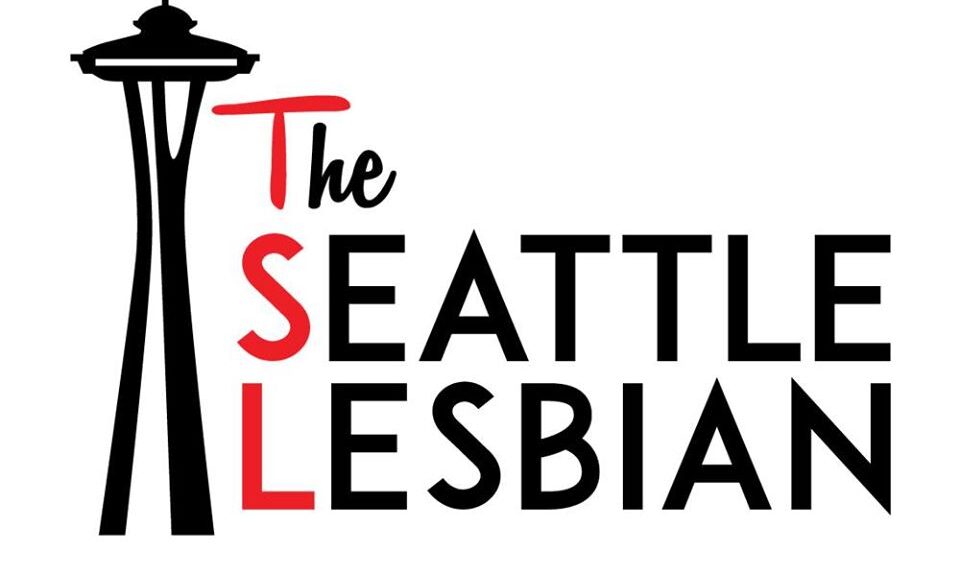Has it always been us vs. them? And if that is the perceived precedent, is it then assumed that we must blindly perpetuate the mechanism that so obviously is misaligned with maintaining human decency, dignity and respect in a culture that devalues honesty, promotes vanity and inspires incompetency?
As humans, we were conditioned to spot similarities and differences in others as a survival mechanism. Deeply ingrained in our psyche, science deduced humans were more likely to experience hostility toward members of a group appearing to be in direct competition to theirs when a limited resource was at the crux of the situation.
“As a child of Europe, my own life was knocked off course early on by Hitler’s race-based conception of ‘us vs. them,’ and later by Stalin’s more ideological one,” former U.S. Secretary of State Madeleine Albright wrote for Time.
“While in government, my daily preoccupations were with blood-drenched rivalries in the Balkans, Caucasus, Africa, and Middle East,” Albright recalled. “In those years, the United States worked hard to help countries in faraway places to cool clashes related to ethnicity, religion, race, and political philosophy. In so doing, we pointed to our nation as a model; often citing the motto E Pluribus Unum, out of many, one.”
A plethora of divisive reckonings are obviously intact throughout our current society. “Democrats vs. Republicans, vegetarians vs. carnivores, dogs vs. cats, breast vs. bottle, Coke vs. Pepsi,” offered Psychology Today scribe Marika Lindholm.
Lindholm suggested a possible solution called boundary spanners, “people like immigrants, biracial or bicultural individuals, gay military members, etc—individuals who belong to multiple groups and social worlds.”
Lindholm reported that the concept to “honor and empower” boundary spanners instead of marginalizing them could hold the key to bridging the divide within the us vs. them realities.
Still, my brain ponders, this time in an adjacent direction. Are we not all boundary spanners then? We are all members of multiple groups whether we classify and label them or not. Our DNA matches the fate of our grandparents who were all immigrants. And if we are boundary spanners, could the solution to our own wrongdoings be surrendered by honoring and empowering ourselves and each other instead of tearing one another (and ourselves) apart?

